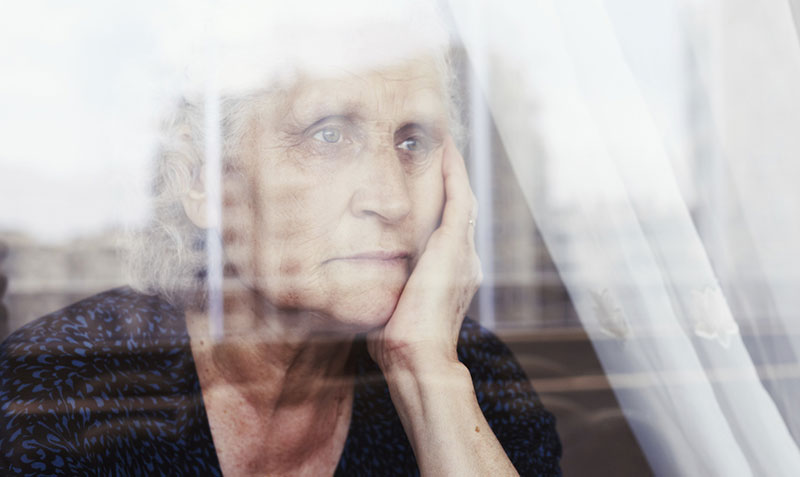Elder abuse phenomenon is still little understood in Serbia. There has been almost no research into elder abuse in Serbia, but there is no reason to think that the extent of the problem there is any different to anywhere else. Only in recent years, there has been a little more attention to this very much hidden and unspoken problem, but interventions and awareness in this field lag far behind.
Incidents of elder abuse and neglect are both under-reported and under-recognized. Elder abuse situations rarely come to the attention of authorities and remain hidden within both familial boundaries, and institutions. Older adults usually avoid discussion about such a sensitive issue and seldom report occurrences of mistreatment. Elder abuse ‘talks’ can be heard on the streets, farmers’ markets or in cafés but hardly ever grips the attention of those in the positions to intervene, prevent and challenge perpetrators.
Many factors stand in the way of the elder abuse reporting. Besides of exceptionally low awareness of that problem in Serbia, underreporting is also due to a lack of understanding of what elder abuse is, and the lack of a comprehensive definition of the phenomenon. The victims are often unable to distinguish the abuse that they are suffering from the normal behavior paradigm. The mentality of people in Serbia and the Balkan region in general plays one of the major roles in keeping the elder abuse deep in the shadow. For many of them, the elder abuse is a normal way of life, neither the abused nor abusers are aware of what constitutes abuse and they may not recognize an abusive situation as such.
The most widespread forms of elder abuse in Serbia are financial exploitation by close family members, and psychological or verbal and emotional abuse of the elderly in both, domestic and public settings.
A shared living environment between ageing parents and children/grandchildren is a major risk factor for financial and other abuse of the elderly in Serbia. Based on the limited data available, perpetrators are most likely to be adult children, grandchildren or close family members. This is particularly true for lower-income households. The elder people are very often ashamed to reveal abuse and report their children or close family members, especially when living in the same household and depending on them for care and support.
It is not uncommon that elder people are ridiculed, called “old” (in Serbian “matori”) or other unfavourable names on the street, markets, banks, medical buildings, or other institutions, and whenever they go. Being a certain age in Serbia is perceived as unfavourable and ageism is still socially “normal” practice.
Another most common, but most hidden and unspoken type of abuse is the maltreatment of elderly patients in government hospitals. Negligent failures of hospital staff and medical professionals, even happen very often, have gotten no attention so far. This phenomenon is still a taboo, known to many but publicly unspoken and concealed. Media seldom covers these cases; government officials remind silent and blind even when they are aware of elder neglect and abuse incidents. This is a serious problem in Serbia that it must get attention without any excuse.
Elder abuse is a very complex problem and it requires a series of measures to be implemented for its detection and prevention. With a raising number of its citizens being over the age of 65, Serbia must pay greater attention to this burning issue. The emphasis shall be put on legislation to provide better legal instruments to protect the rights of the elderly, better public awareness, and education. Without stronger laws and policies to address rights and needs of elderly, law enforcement, interventions, adequate punishment of perpetrators, adequate media coverage and public awareness, the elder abuse and neglect will continue to be a rarely discussed topic, unimportant issue, a hidden ‘plague’ causing of humiliation, pain, and suffering.

